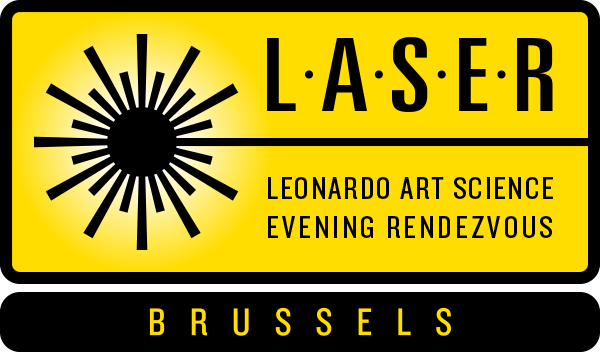27.01 /// 17:00
The popularity of using artificial intelligence to generate art is growing. However, ethical concerns arise about making art with models that have been trained using other people’s artwork. What does that mean for creativity? How is generative AI changing creative work? When is art really art? Who is the real author of the work? These are all questions that will be addressed.
Session Moderator: Carl Mörch, co-Director, FARI AI Institute for Common Good, Université Libre de Bruxelles
Participants: Hugues Bersini, FARI AI Institute for Common Good Lead Scientific Advisor / Head, IRIDIA, Artificial Intelligence research laboratory of the Université Libre de Bruxelles (ULB), Geraint A. Wiggins, Professor at the AI Research Group, Vrije Universiteit Brussel (VUB), Johan Loeckx, Assistant Professor, Vrije Universiteit Brussel (VUB) & Eve Gaumond, legal scholar, Canada
Biographies
Hugues Bersini has an MS degree (1983) and a Ph.D in engineering (1989) both from Université Libre de Bruxelles (ULB). After having been supported as a researcher by a EEC grant from the JRC-CEE in Ispra (1984-1987), he became member of the IRIDIA laboratory (the AI laboratory of ULB). He is now heading this same lab with Marco Dorigo. Since 1992, he has an assistant professor position at ULB and has now become full professor, teaching computer science, Web technology, business intelligence, programming, and AI. Over the last 30 years, he has published about 300 papers on his research work. He is the author of fourteen french books covering basic computer sciences.
Geraint A. Wiggins is Professor of Computational Creativity at the VUB and at Queen Mary University of London, UK. He was one of the founders of the research field of computational creativity, which provides an alternative approach to the simulation intelligent and creative human activities on computers.
Johan Loeckx started as a micropreneur when he was 16, designing, selling and maintaining software for lawyer’s offices (1996). He received a MSc. in Electronic Engineering (2003), a MSc. in AI (2004) and a PhD entitled “Methods for Simulating and Analysing the Effects of EMC on Integrated Circuits” in 2010 from K.U.Leuven, Belgium. He co-designed the encryption system for securely exchanging patient information in the Belgian healthcare sector, for which a patent was filed by the Belgian government. In 2012, he was one of the co-founders of the second Flemish Freinet school in Brussels. He is an active musician. Johan is currently assistant professor and lab manager at the Artificial Intelligence Lab at the Vrije Universiteit Brussels, Belgium, responsible for the R&D strategy and business development.
Eve Gaumond is a legal scholar whose work focuses on AI. In the past, she worked on developing language models for the field of law, which allowed her to understand how generative AI works. When mainstream AI systems such as Dall-e and Chat GPT started gaining traction, she took advantage of her multidisciplinary expertise to dive into the legal implications of these technologies for artists. Among other things, she recently wrote a piece discussing some of the legal recourse artists may have when their work is used to train AI systems such as Dall-e.
Moderator:
Carl Mörch is co-director of FARI – AI for the Common Good Institute (ULB-VUB). He aims at fostering high-quality applied projects related to AI, Data and Robotics that could serve the Brussels Region and its inhabitants. With FARI, he wants to support initiatives that can reinforce education around these technologies, and could help bridge the gap with civil society. He was in 2020-2021 a postdoctoral fellow at the Université de Montréal and Mila – Québec artificial Intelligence Institute. He was awarded a Postdoctoral Fellowship by the International Observatory on the Societal Impacts of Artificial Intelligence and Digital Technologies (OBVIA) in 2020. He is also a lecturer and adjunct professor at UQÀM (Montréal, Canada). His personal research work is oriented towards the concrete application of high-level ethical principles in applied domains.


